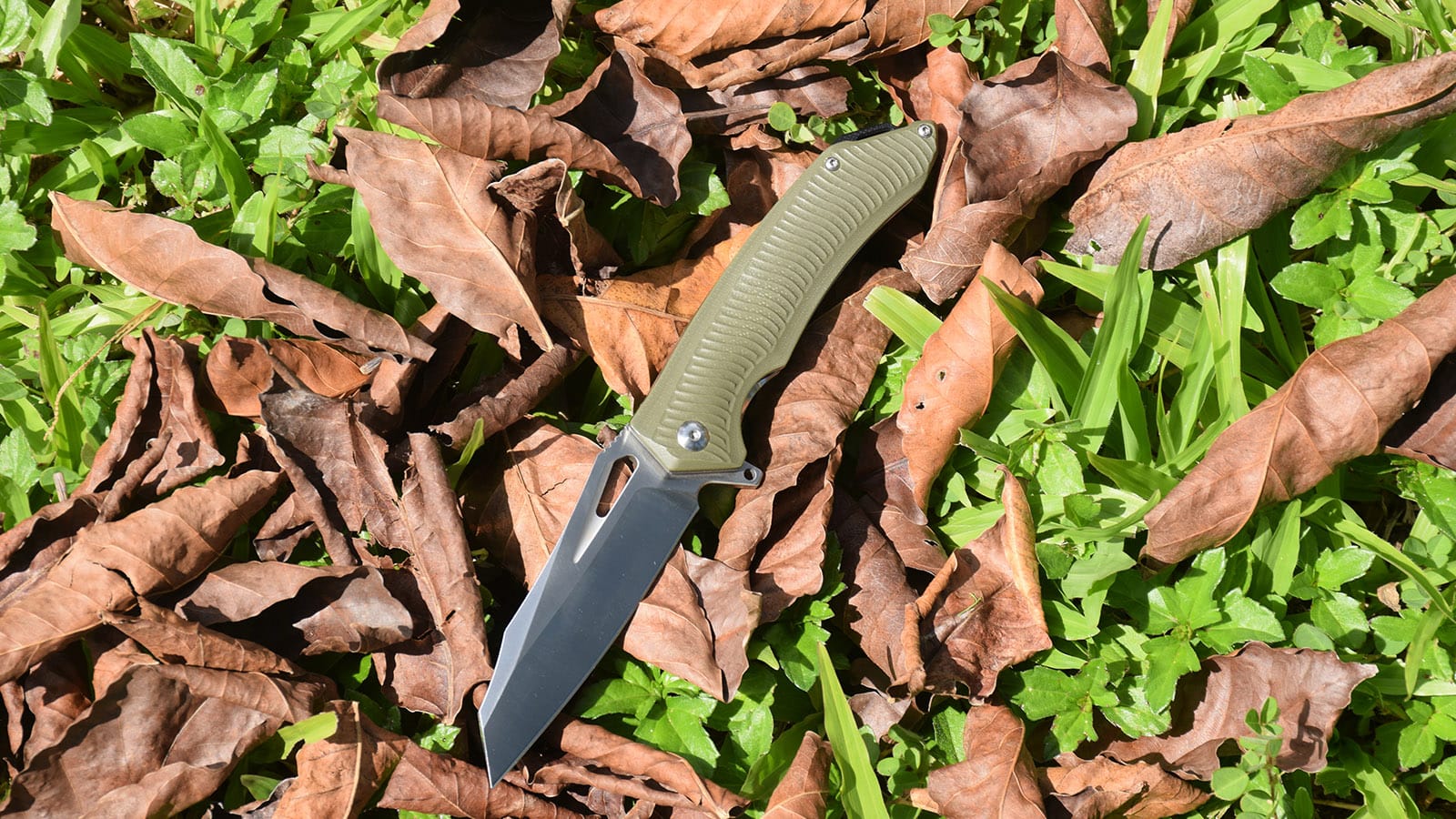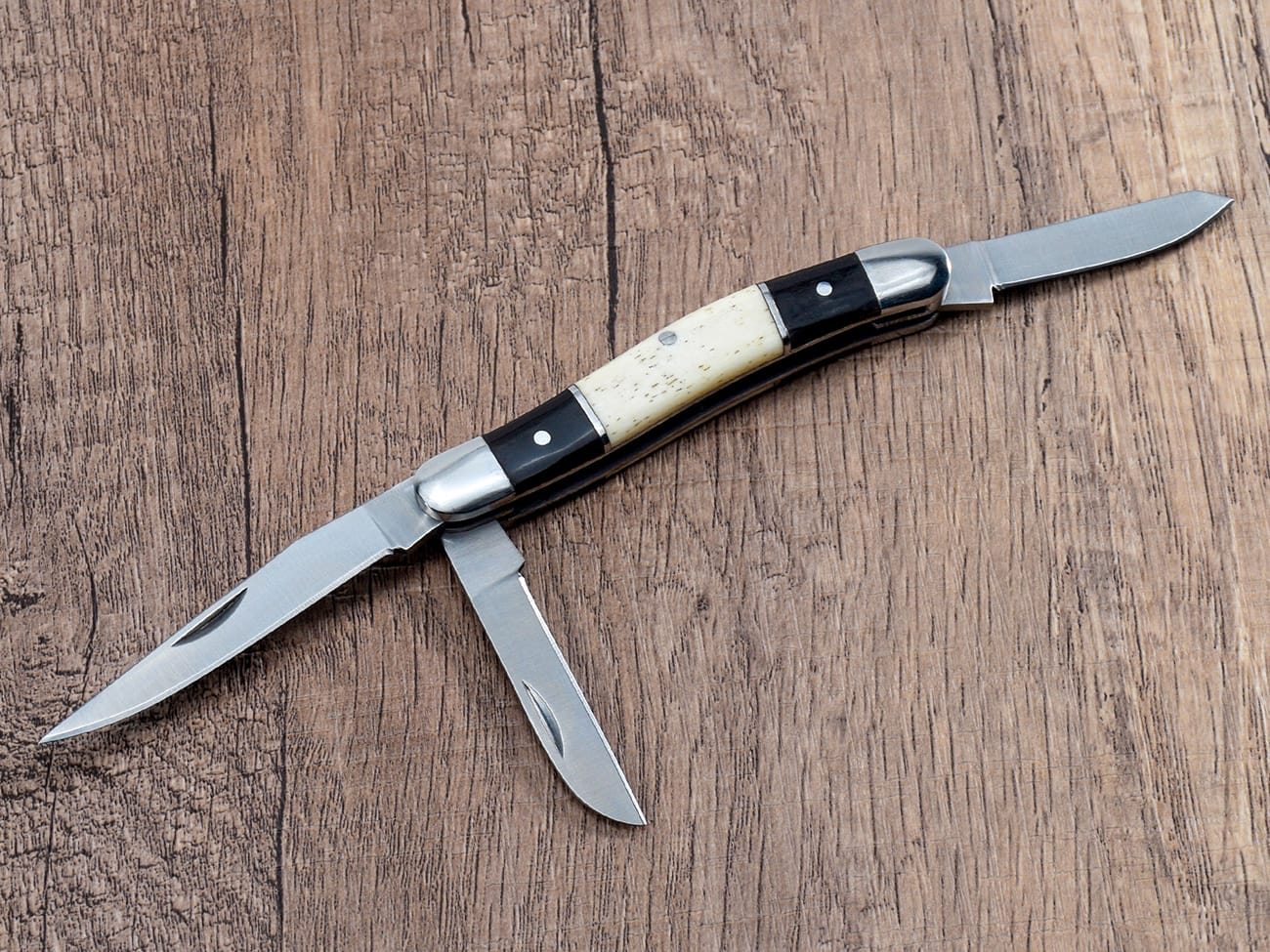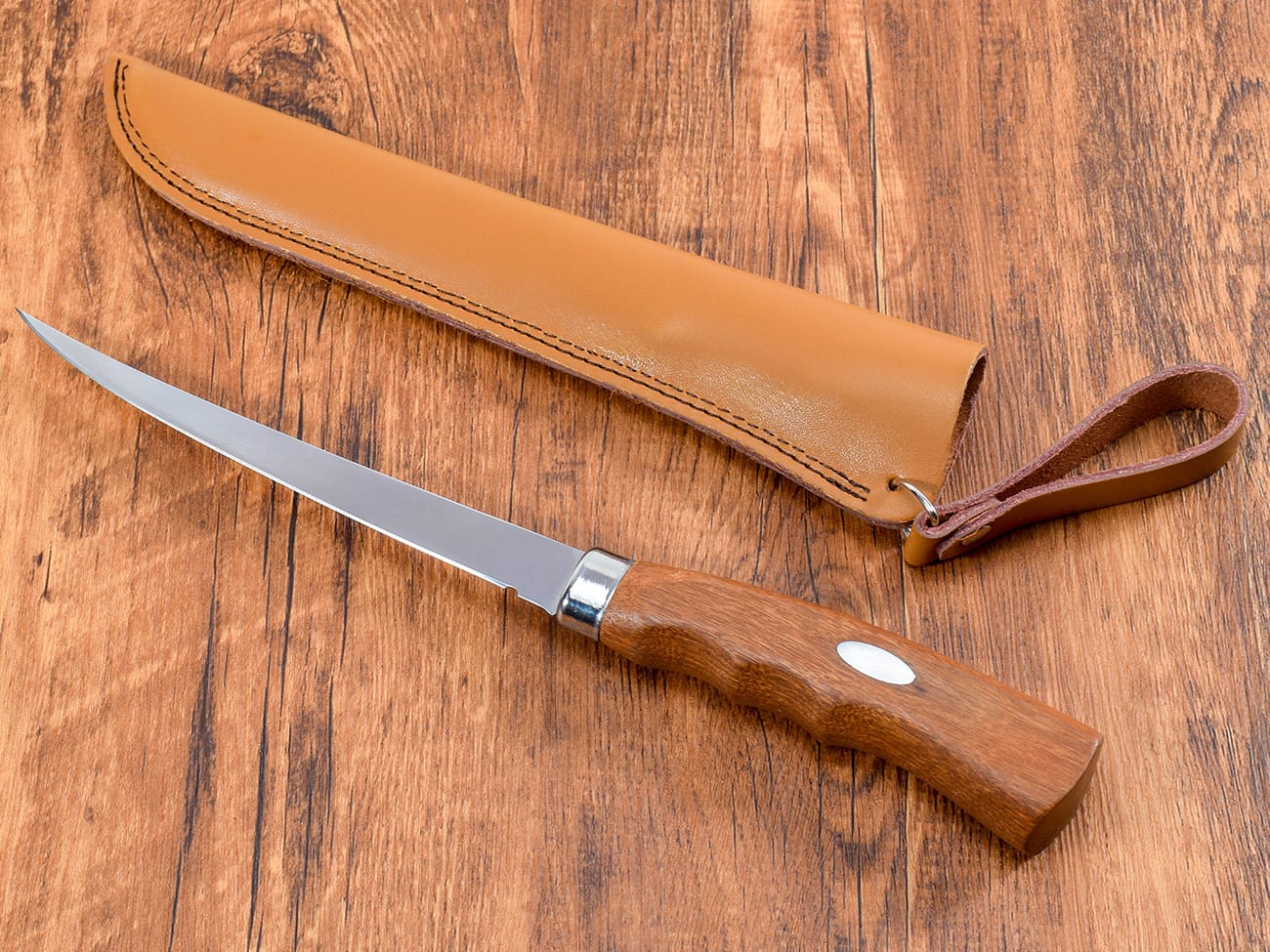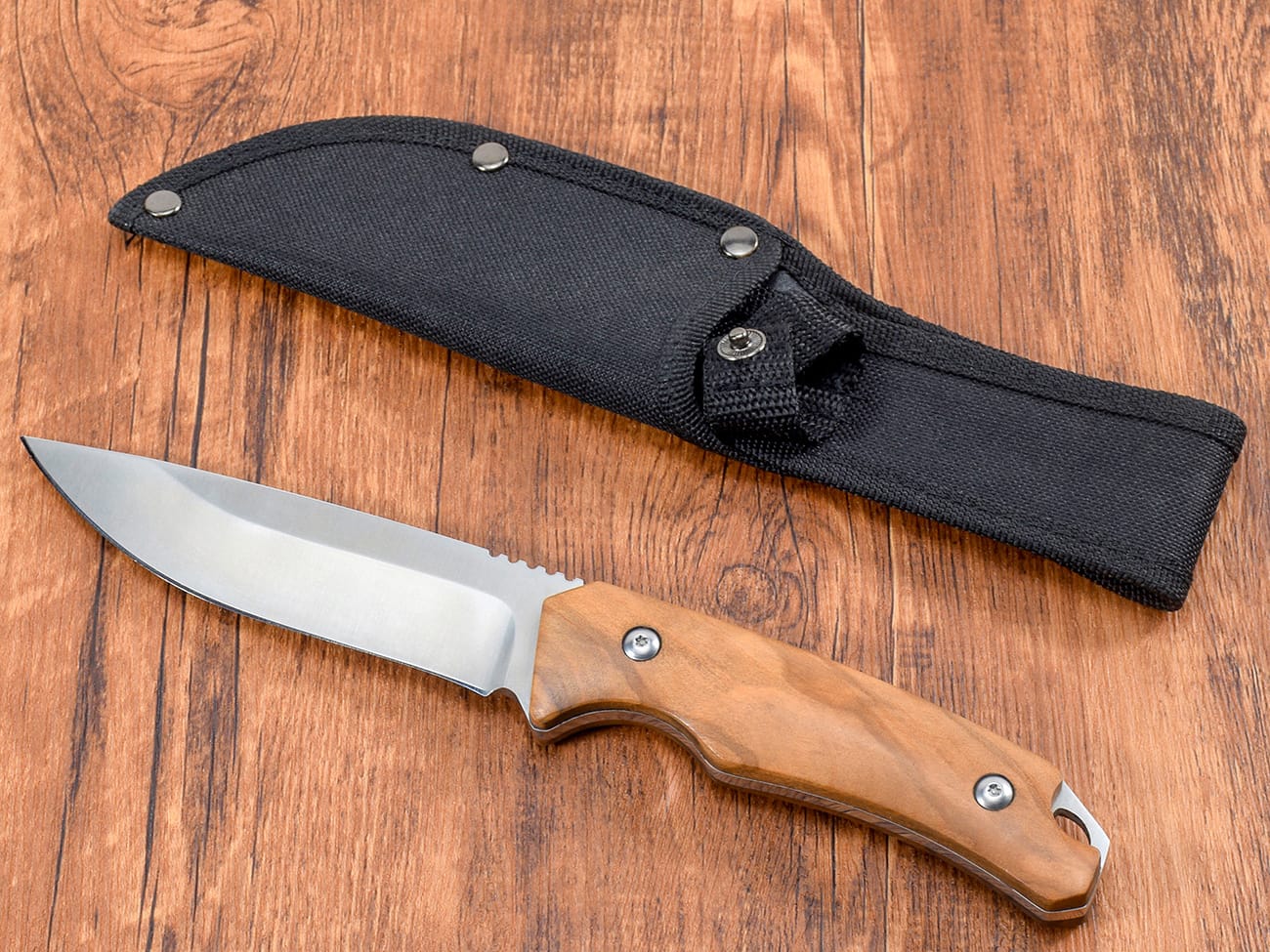Whether you’re new to switchblade knives or looking to perfect your technique, knowing how to properly close a switchblade knife is crucial for both safety and knife longevity. This comprehensive guide will walk you through everything you need to know about closing different types of switchblades safely and effectively.
What Makes Switchblades Different from Regular Folding Knives?
A switchblade knife differs from traditional folding knives in its deployment mechanism. While regular folding knives require manual opening, switchblades use a spring mechanism that deploys the blade automatically with the push of a button or lever. This unique mechanism requires specific knowledge for safe closing.
Understanding Your Switchblade’s Lock Mechanism
Before attempting to close your switchblade, it’s essential to understand its lock mechanism. Most automatic knives use either a liner lock or button lock system. The lock mechanism keeps the blade secure in both open and closed positions.
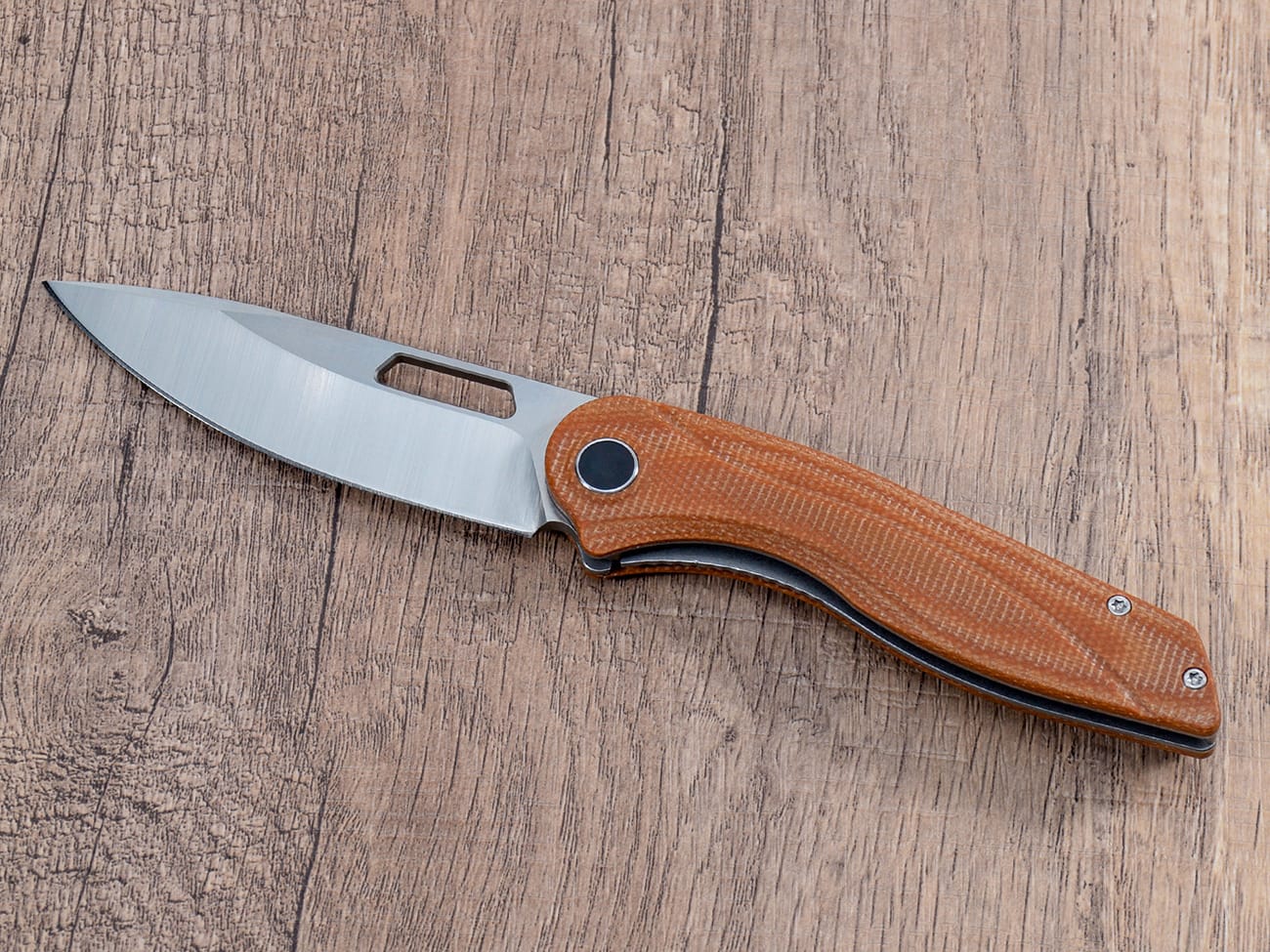
A modern folding knife with liner lock mechanism
What Safety Precautions Should You Take?
When closing a switchblade knife, safety should be your primary concern. Always:
- Keep fingers away from the blade’s path
- Hold the knife firmly by the handle
- Ensure the lock mechanism is fully disengaged before closing
- Point the blade away from yourself and others
How Do You Close Different Types of Switchblades?
Button Lock Switchblades
- Hold the knife securely with your dominant hand
- Press the push button to disengage the lock
- Carefully fold the blade back into the handle
- Ensure the blade is fully seated in the closed position
Liner Lock Switchblades
- Hold the knife with the blade pointing away
- Use your thumb to push the liner lock sideways
- Carefully swivel the blade back into the handle
- Listen for the click indicating secure closure
Common Mistakes to Avoid When Closing Your Switchblade
Many users make these common errors:
- Rushing the closing process
- Not fully disengaging the lock mechanism
- Placing fingers in the blade’s path
- Applying too much pressure when closing
What Maintenance Helps with Smooth Closing?
Regular maintenance ensures comfortable opening and closing. Keep these points in mind:
- Clean the pivot point regularly
- Lubricate moving parts
- Check the spring mechanism
- Inspect the lock mechanism for wear
How Do Frame Lock Switchblades Differ?
Frame lock switchblades require a slightly different approach:
- Hold the knife firmly by the handle
- Push the frame lock to the side
- Carefully guide the blade back
- Ensure proper lockup in the closed position
Italian Stiletto Switchblade: Special Considerations
The italian stiletto requires unique handling:
- Locate the release mechanism near the bolster
- Apply gentle pressure to disengage
- Guide the blade smoothly into the handle
- Verify complete closure
Troubleshooting Common Closing Issues
If you cannot for the life of me figure out why your switchblade won’t close properly, check these common issues:
- Lock mechanism alignment
- Spring tension
- Pivot point cleanliness
- Handle obstruction
Legal Considerations and Safe Storage
Before carrying a switchblade, understand your local laws. When storing:
- Ensure the blade is fully closed
- Store in a dry location
- Keep away from children
- Use appropriate storage solutions
Key Points to Remember:
- Always prioritize safety when handling switchblades
- Understand your specific knife’s lock mechanism
- Maintain clean and well-lubricated moving parts
- Store properly when not in use
- Follow local laws regarding switchblade ownership and carry
- Practice proper closing technique regularly
- Keep fingers clear of the blade’s path

